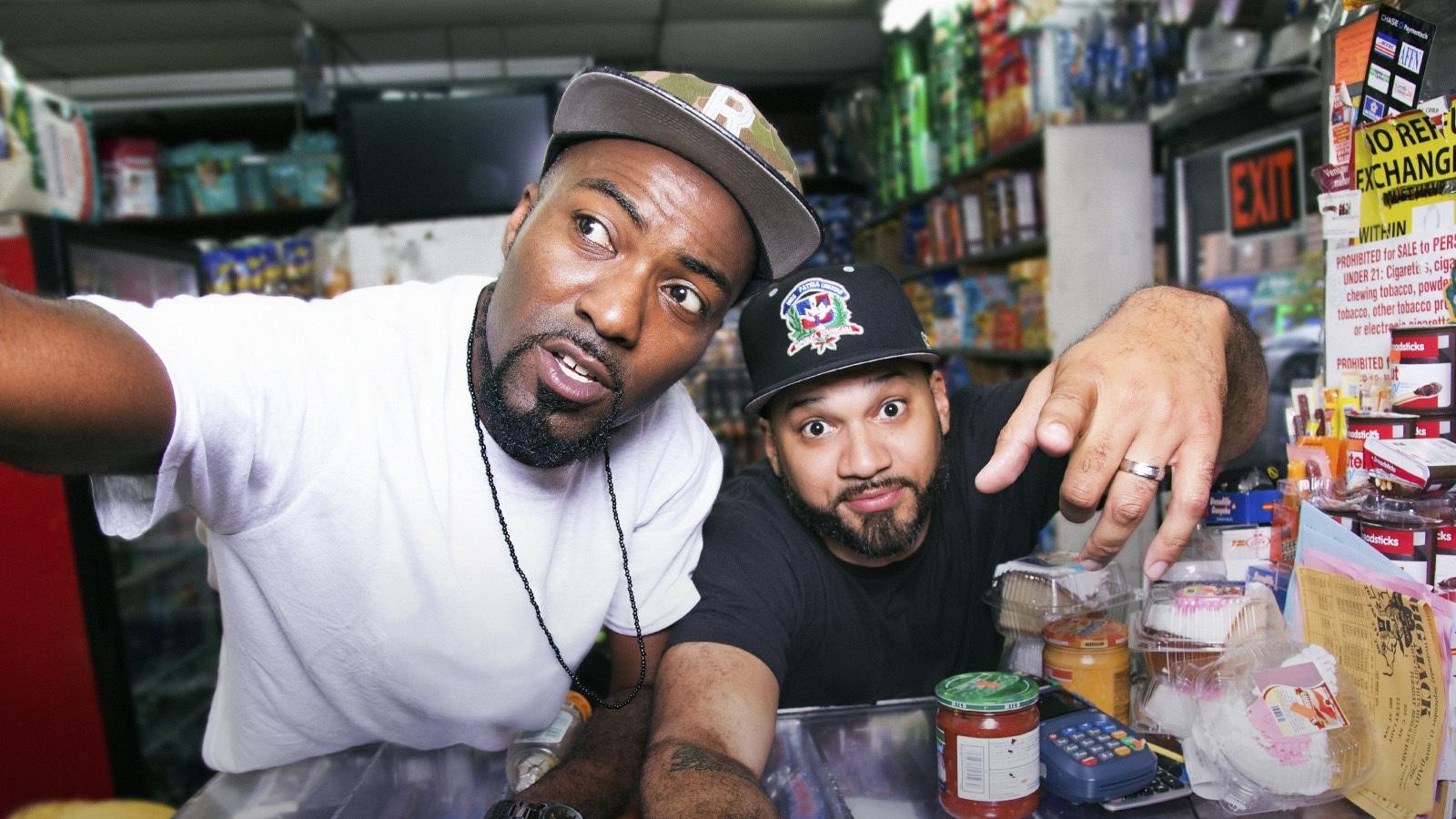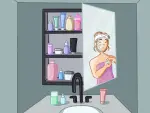For decades, talk shows have dominated the late night television schedule. Legendary hosts, such as Johnny Carson, David Letterman and Conan O’Brien, have shaped the entertainment industry, often acting as gatekeepers for the budding careers of comedians and musicians by providing an incomparable platform for up-and-coming stars to showcase their talents. These shows have historically followed a very strict formula: the host opening the show with a monologue commenting on current events, followed by one or two interviews with celebrities and finally closing with a performance by a musician or comedian. The formulaic nature of these programs are what makes them so popular, as it has become almost instinctive to tune in and see who would be appearing on the late-night shows on any given night.
Desus and Mero, two Bronx, New York natives, have broken this historically successful mold, however, and are continuing to make waves with their refreshing take on late night television. Airing four nights per week on Viceland, Desus and Mero offer something that other late night shows have simply never been able to accomplish, a genuine feeling that the show is unscripted, which allows the two hosts to come across as real people, as opposed to the manufactured “unpredictability” that can be found on other late night programs. Different aspects of Desus and Mero’s show highlight the intention to connect with their audience, and they all come together to produce one of the more unique half-hour television programs in a long time.
While Desus and Mero still dedicate a segment of their show to an interview with a celebrity guest, they have found multiple ways to separate themselves from other late night programs. First, in a broader sense, Desus and Mero provide a platform for African-American celebrities that traditional late night television has simply failed to. Since the show’s second season began on October 16, Desus and Mero have interviewed Kenya Barris, A Boogie wit da Hoodie, Talib Kweli, Gabrielle Union, Steve Stoute and many more illustrious guests, providing an outlet for African-American celebrities to share information about their upcoming releases.
[su_youtube url=”https://www.youtube.com/watch?v=g-EX8QdZuIM&list=PLQQJ1Ns2j9u1jAyiE8DSXl616oZQyZlkm&index=56″]
Beyond the inclusive nature of their show’s booking, Desus and Mero have also rewritten the rules in terms of how to perform the actual interview. While most late night programs follow the formula of introducing the guest, having them walk out to massive applause and sitting in a chair separate from the host, Desus and Mero provide a much more bare-bones interview set-up. The two share a table with their guest, and there is no live audience to funnel applause toward the interview subject, creating the feeling that Desus and Mero are actually just sitting down to have a conversation with the guest.
This translates directly to the interview itself, as Desus and Mero shape their interviews into a casual talk with the guest, as opposed to the scripted nature of other late night programs, where the host will ask questions to set up a joke or story. For example, one of the show’s recent interview subjects was an actress named Amanda Seales, and she turned the interview on its head when she brought up screenshots of Mero making fun of her on Twitter over five years ago. It’s clear that Mero had no idea that she remembered that, and she forced him to read the tweets on air, in which he makes fun of her teeth and says she looks like a “pregnant gerbil.” There was no animosity on either end, and it made the interview feel like a real conversation, that could have gone in any direction.
Unscripted Commentary
“They’re not gonna serve liquor on the weekends no more,” Desus exclaimed as he watched the Ugandan parliament throw chairs at each other over the term limit for their presidency.
Much of the half-hour program consists of Desus and Mero commenting on current events, and they are often watching the content, that they will be speaking about to a national audience, for the first time. This creates genuine reactions from both hosts, and makes the audience feel like they are experiencing the show along with Desus and Mero, as opposed to watching a planned show unfold.
[su_youtube url=”https://www.youtube.com/watch?v=YWFIY9IrGkA”]
Both Desus and Mero are willing to roast the absolute shit out of anybody, as well, including Donald Trump, the KKK and Steve Bannon. Being on Viceland, a cable network, the duo are not forced to censor themselves, allowing for a barrage of profanity to be thrown at the victims of their jokes. Considering that the duration of their show has essentially coincided with Donald Trump’s presidency, Desus and Mero have consistently gone after the president, and persistently criticized him for the hypocrisy of some of his actions.
While other late night shows have undoubtedly shaped their shows around the coverage of Trump, they have been rather tame for the most part; Trump’s appearance on Jimmy Fallon’s show, for example, has been looked at as a turning point in the presidential campaign, as Fallon treated Trump as an old friend, and normalized his previous actions to a massive group of people. Meanwhile, Desus and Mero have been increasingly savage in their commentary of Trump, and the freedom that their network gives them is the main reason that they are able to do so.
Connection with the People
The flaming does not stop once the show ends, however, as both Desus and Mero are Twitter aficionados, who relentlessly destroy us common-folk whenever we step out of line. As New Yorkers, the duo are unfortunately-passionate about the New York Knicks, and are unafraid to wear their love for the walking trash-heap of a basketball team across all social media platforms, talking spicy to anyone who will listen. Thus, when the Knicks inevitably lose, they deservedly receive an alarming amount of trash talk in their mentions.
Most public figures would likely respond to their inbox lighting on fire by sending out a blanket tweet countering the general message of their naysayers. Not Desus and Mero, who pick out the weakest looking keyboard-soldier of the bunch, and strike them down with the most personal, all-caps response that they can think of. Their interactions with fans, and haters, on Twitter shows that they don’t hold themselves above their viewers and followers. This makes it much easier to enjoy and understand the candid nature of their television show, as it then feels like an extension of their actual personalities.
Desus and Mero’s understanding and mastery of the platforms that the internet provides does not stop with Twitter, as the show has an incredible presence on YouTube, as well. Within hours of the show’s airing on television, each segment of the show is uploaded to YouTube, followed by the full, commercial free episode the next day. Desus and Mero are not reinventing the wheel by putting clips of their show on YouTube, but they remain the only late night program to upload the entire episode of the show, creating the potential for an entire new sect of viewers that might not have access to Viceland.
Overall, the most distinguishing factor that separates Desus and Mero’s show from other late night programs is the decidedly smaller production that they put on every night. There is no live band, no fancy desk and no live audience, all Desus and Mero need to entertain their audience is two chairs, some jokes and the opportunity to get to know celebrities on a more personal level. Nobody looks to this show for viral performances or long-winded monologues; instead, viewers find themselves spending a half-hour with two regular guys, who just want to clown the president and talk trash.

















